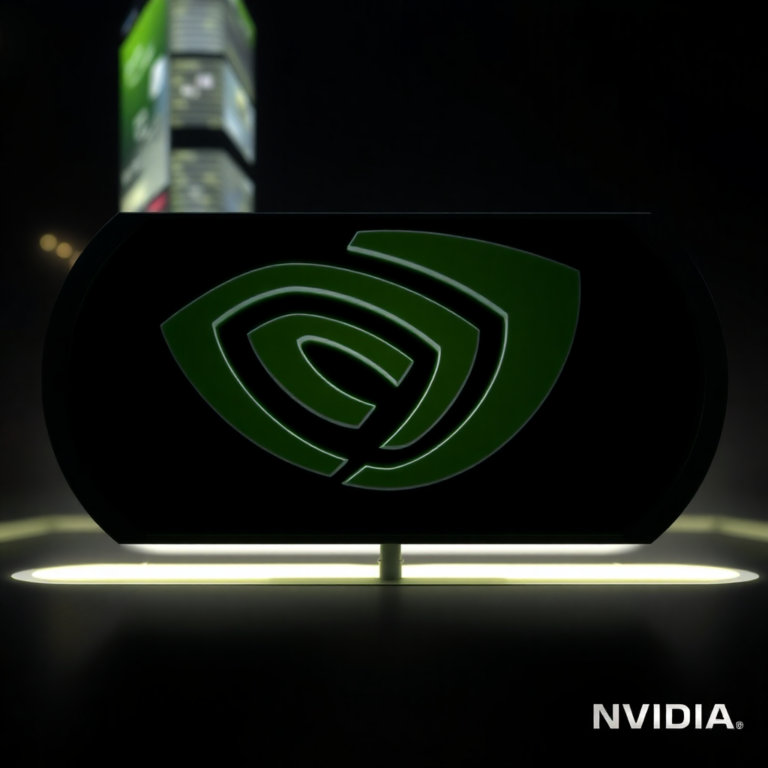In the ever-evolving world of artificial intelligence (AI), Nvidia has emerged as a dominant force. Its Graphics Processing Units (GPUs) have become synonymous with AI computation, but while Nvidia’s dominance has undoubtedly transformed the AI industry, it has also cast a shadow on the prospects of startups in the field. In this article, we’ll delve into how Nvidia’s stronghold in AI chips is deterring funding for startups and what strategies these emerging companies can employ to thrive.
Nvidia’s AI Chip Dominance
Nvidia’s journey in the AI chip sector began with the realization that GPUs could be repurposed for AI tasks. The parallel processing power and scalability of GPUs made them ideal for deep learning, and Nvidia seized the opportunity, creating GPUs tailored for AI workloads. Over the years, they have solidified their position as the go-to choice for AI researchers, data scientists, and companies looking to leverage AI.
The Impact on Startup Funding
While Nvidia’s success in the AI chip market is admirable, it presents a challenge for startups aspiring to make their mark. Here’s how Nvidia’s dominance affects funding for these budding companies:
- Investor Hesitation: Investors may be hesitant to fund startups directly competing with a giant like Nvidia. They see the high barrier to entry and market saturation created by the established player.
- Resource Competition: Nvidia’s vast resources, including a robust research and development division, can make it difficult for startups to innovate and compete effectively.
- Market Saturation: With Nvidia offering a comprehensive range of AI chips, startups may struggle to identify niche markets or novel applications to differentiate themselves.
Strategies for Startups to Thrive
While the competition is fierce, startups can still thrive in the AI chip space. Here are some strategies they can employ:
- Focus on Niche Markets: Instead of directly competing with Nvidia, startups can specialize in niche markets or applications where tailored solutions are needed.
- Collaborate: Partnering with established companies, universities, or research institutions can provide startups with resources, expertise, and access to networks they might lack on their own.
- Innovation: Stay ahead by focusing on innovation. Develop unique algorithms, software, or hardware that complement Nvidia’s products or provide value in new ways.
- Seek Alternative Funding: Look beyond traditional venture capital. Consider grants, government funding, or crowdfunding to support your initiatives.
- Patents and Intellectual Property: Protect your innovations with patents and intellectual property rights, which can deter larger companies from directly copying your technology.
- Education and Advocacy: Educate potential investors about the specific value your startup brings to the AI chip market. Advocate for the unique benefits of your technology.
Conclusion
Nvidia’s dominance in AI chips has undoubtedly transformed the industry, but it also presents challenges for startups seeking funding and growth. By employing innovative strategies, focusing on niche markets, and collaborating with others, startups can navigate this competitive landscape successfully. While Nvidia’s shadow may be large, it doesn’t have to obscure the bright future of emerging AI chip companies.












